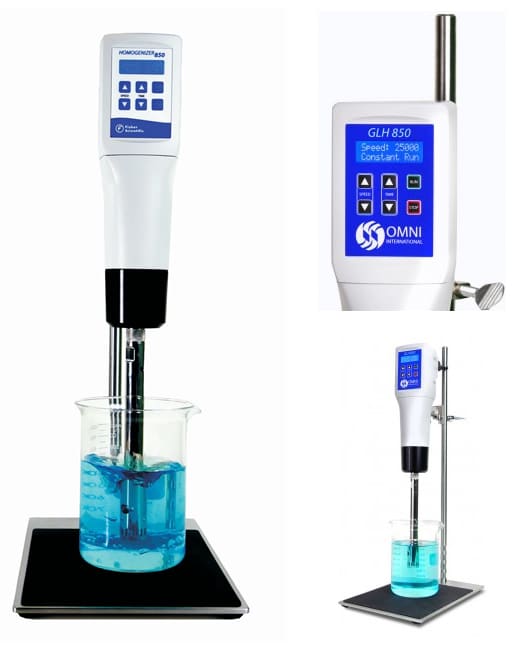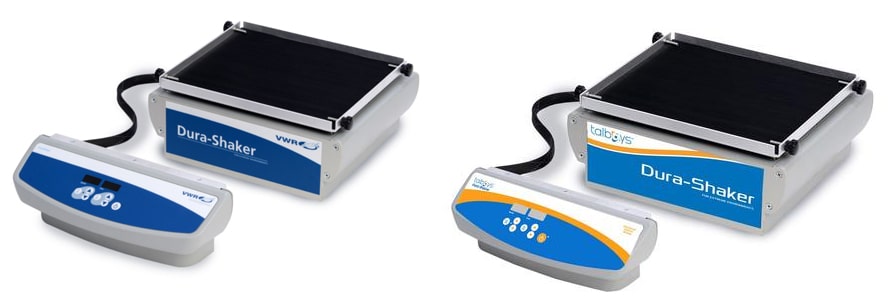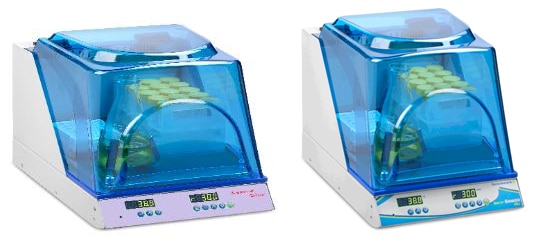Imagine you’re buying a car. You find a nice car that you really like, and the dealer says that it’s a new car called a “Chicane” You’ve never heard of a Chicane, but you want to learn more about it, so you look online to see if anyone else is selling it, check reviews, and know if you’re getting a good deal, but you can’t find anything. Now imagine that Chicane is just a standard issue Ford, and the dealer was just trying to make it more difficult for you to research the competition so you didn’t realize that you could get the same thing elsewhere. How would you feel?
Perhaps you would feel deceived or like you were lied to? You probably wouldn’t want to trust that dealer either – after all, why didn’t he just tell you that it was a renamed Ford? That’s not very honest.
The crazy thing is that this exact situation happens all the time with laboratory equipment. Laboratory equipment dealers routinely deceive you such that you can’t find the best service or the best prices, and there are companies doing this which you probably order from on a regular basis.
Private Labeling
Competition comes with the territory when you’re a lab equipment distributor. In most instances, that competition is healthy works in the favor of you – the scientist. By increasing the amount of choice you have when selecting a supplier, you can choose the one that provides the best cost, the best service, or whatever factor or combination of factors are most important to you. We at Laboratory Supply Network embrace competition. We try to win your business by offering you more choice, excellent service, and a better shopping experience through our marketplaces.
However, not all companies embrace competition, and they seek to stifle it by deceiving you in exactly the way I mentioned earlier. It’s called private labeling, and you can read about the generalities of it in Wikipedia. All of the reasons that a company would private label a product boil down to one core reason: they don’t want you to know who manufactured the product. In other words, they are trying to intentionally deceive you. There are a few reasons why they might do this:
- As in the initial example, they want to eliminate competition by making it more difficult to find other sellers of the same item(s).
- They have a stronger brand than the manufacturer, and they want you to think the item is somehow better or different than it actually is (for instance, manufactured domestically rather than internationally)
- They want to mark it up and sell it for a higher price more easily.
There are other less nefarious reasons, but even then they end up having the effect of deceiving the scientist. In all instances, they are not being forthright about who is making the equipment they are trying to sell you.
Some Examples
If you spend all day looking at lab equipment, the private labeled products become pretty easy to recognize. Take a look at these:

On the left we have the Fisher Scientific Bead Mill 24 Homogenizer (15-340-163), and on the right we have the Omni International Bead Ruptor 24 Elite. Notice any similarities? That’s also not the only homogenizer that Fisher private labels from Omni. You can see the similarities in the Fisher Scientific 850 Homogenizer (15-340-169) and the Omni General Laboratory Homogenizer (GLH 850) as well.

This one might be a little less obvious, but you can see the overall shape of the device, the layout of the controls, the blue background color of the display, and even the stand are exactly the same. The only thing that’s different is the sticker on the face, and because of that and a new part number, you can no longer easily look up the product from other suppliers. Does that sound honest to you?
VWR is also guilty of private labeling. They private label Troemner / Talboys entire range of orbital shakers, which is really easy for us to notice because we also sell Troemner’s orbital shakers. One of their most distinctive shakers is the Advanced Dura-Shaker, which has a detached shaking platform connected to the controls via a ribbon cable that is meant to more easily be used inside incubators and can withstand high-humidity environments. You can clearly see that they are the same shaker from the pictures below. I don’t even think they bothered to take a new picture; it looks like they just photoshopped a new label on the existing picture.

Big distributors aren’t the only culprits. For instance, take a look at this “Mini IncuShaker” from Southwest Science below on the left that looks curiously similar to what a poorly photoshopped Incu-Shaker Mini might look like.

Here’s Our Point
Private labeling isn’t yet considered bad practice by most marketing types and you probably run into it every day way more than you realize. For instance, just about any “store brand” item you see at your local grocery store is private labeled, but your grocery store isn’t very worried about you comparing prices on their store-brand canned tomatoes with those of the store down the road. If you’re going to do that, you’re doing it anyway. It’s probably not harming you as a customer. However, when it comes to lab equipment, being able to save $500 or $1000 might be a big deal, and private labeling prevents you from doing that.
We believe you should have the ability to shop around. We believe that you should be able to know – immediately – who is actually manufacturing your lab equipment. We believe you should be able to easily find out where it is made as well. That’s why Laboratory Supply Network does not and will not private label any equipment. We always display right on the page for every product who the manufacturer is.
We hope that being honest to you will help us win your business, and we’ll continue to institute policies that keep your best interests in mind.
